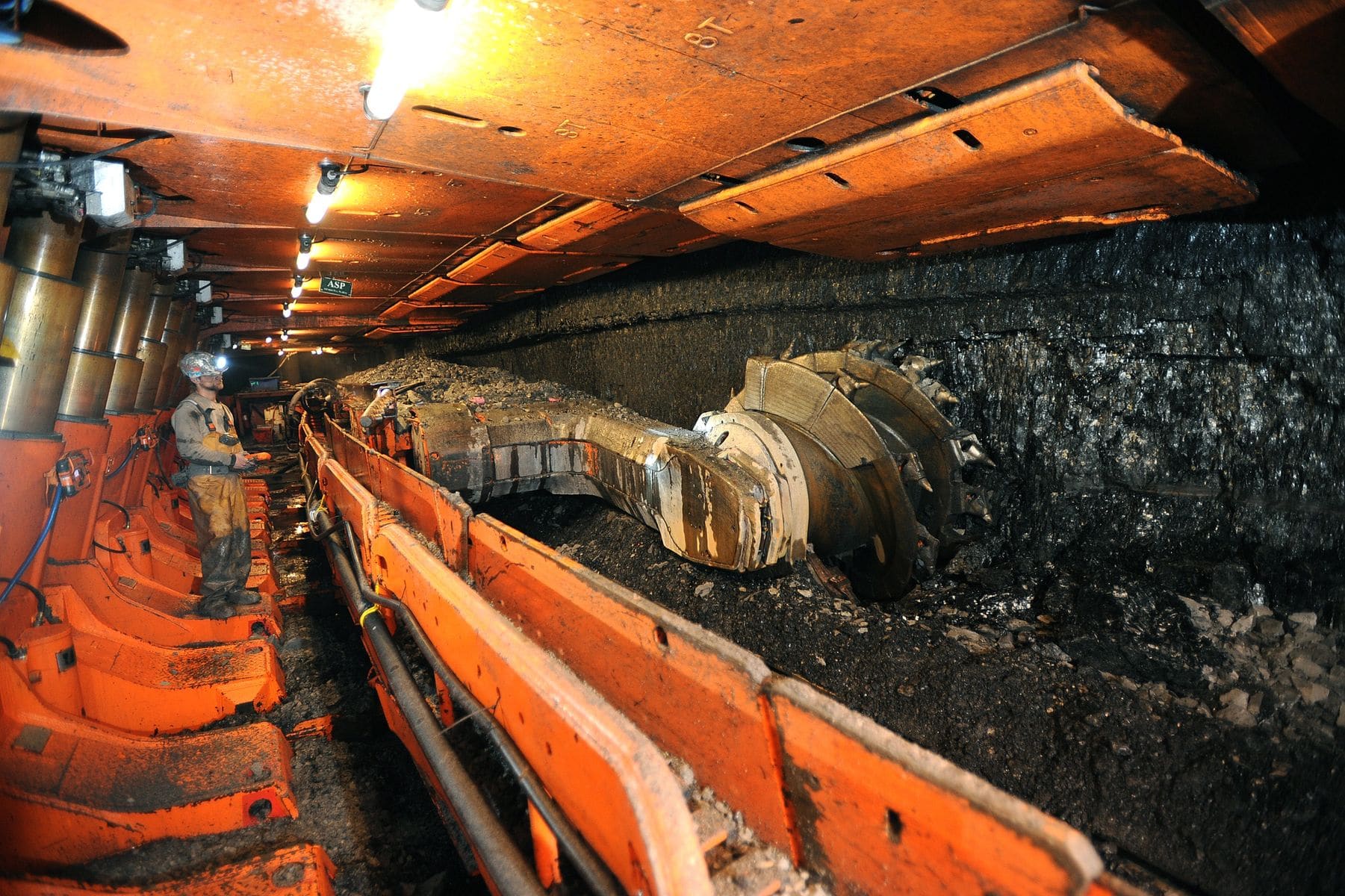(CN) — A federal judge in Montana on Friday put the kibosh on federal coal leases nearly five years after the paused program was brought back by the Trump administration.
In a 19-page ruling, U.S. District Judge Brian Morris, a Barack Obama appointee, reinstated the moratorium on coal leasing sales after finding the Bureau of Land Management didn’t complete a comprehensive enough analysis on the potential environmental effects of resuming the program. The ruling comes after the Biden administration officially pulled the order that ended the freeze in 2021, but never took the steps to resume the pause that was initially ordered by the Obama administration.
The judge took particular issue with the fact that the BLM, during its look into the program, only evaluated four approved leases under the entire program. This made the analysis too narrow to produce significant enough results.
As for the four leases the BLM did look at, even that analysis left a lot to be desired. Most notably, Morris found the environmental analysis involved the assumption that the leases were going to be approved no matter what, so the final review found no change in greenhouse gas emissions. And failing to look at how the status quo would be altered by decisions of this scale flies in the face of the intentions of National Environmental Policy Act, the judge found.
“BLM’s decision to limit its NEPA analysis to merely four leases thus proves insufficient,” Morris wrote. “To assume that the outcome of the major federal action is inevitable, rather than considering the preexisting status quo, violates NEPA.”
This is not the first time that Morris has swatted down a poor environmental assessment. The judge also sided with a group of environmental advocates and Native tribes in 2019 when they sued the feds demanding a proper analysis of the program's revival. Finding that purported “hard look” to be anything but, the coalition took the feds to court over the issue once again in 2020.
The dispute has potentially found even more importance after coal use saw a notable bump last year following years of decline and fewer coal leases sold. Last year alone nearly half of the U.S.’s annual coal production of 260 million tons was mined by private companies using coal leases on federal lands in the West. Coal usage is projected to rise again by the end of the year.
Jenny Harbine, managing attorney for Earthjustice’s Northern Rockies office, says that while Friday’s ruling is a huge victory for the plaintiffs and the environment, the Biden administration needs to take more aggressive steps to begin doing away with existing coal leases entirely.
“This is a significant victory for our climate and the communities across the country who are impacted by our continued reliance on this dirty and dangerous fuel, but we cannot stop here,” Harbine said. “While this ruling reinstates the moratorium on new coal leasing on public lands, the Biden administration must go further by urgently phasing out the existing coal leases that are destroying our planet. There is no room to continue producing coal in a climate emergency.”
With the coal leasing program officially on hold once again, Morris concluded his ruling by stating the freeze would remain until the BLM has produced an environmental impact assessment that is once and for all up to snuff and complies with the law.
Representatives for the BLM did not respond to a request for comment by press time.
Subscribe to Closing Arguments
Sign up for new weekly newsletter Closing Arguments to get the latest about ongoing trials, major litigation and hot cases and rulings in courthouses around the U.S. and the world.









